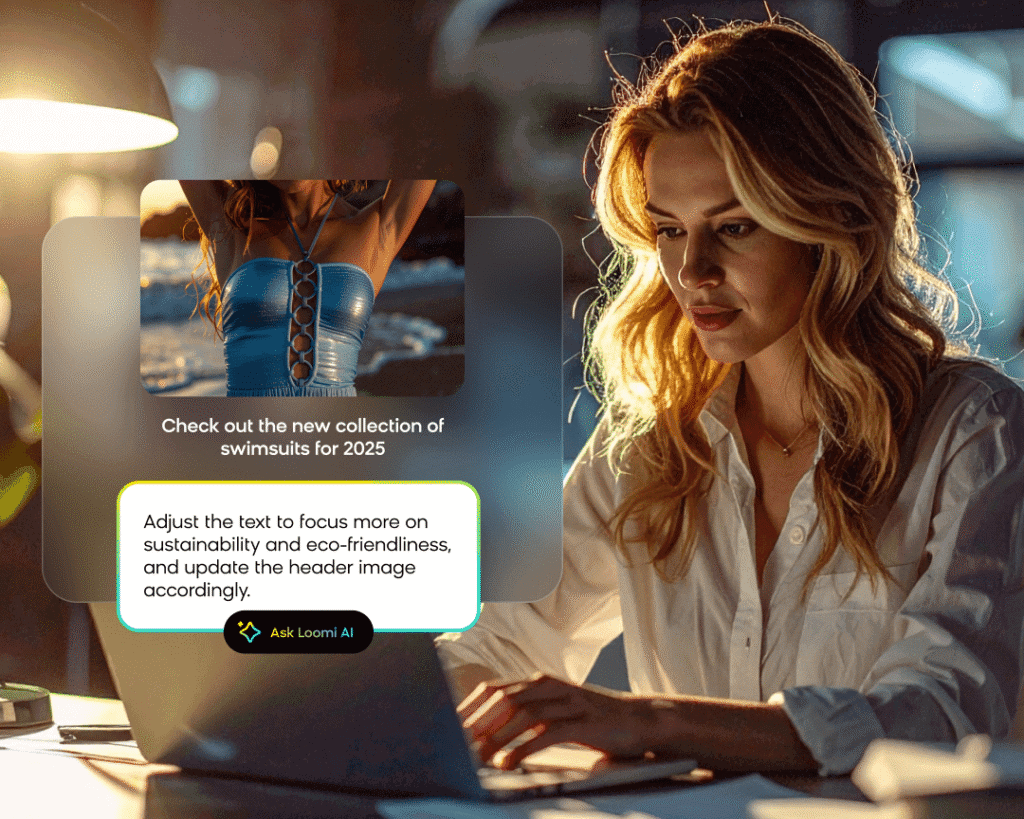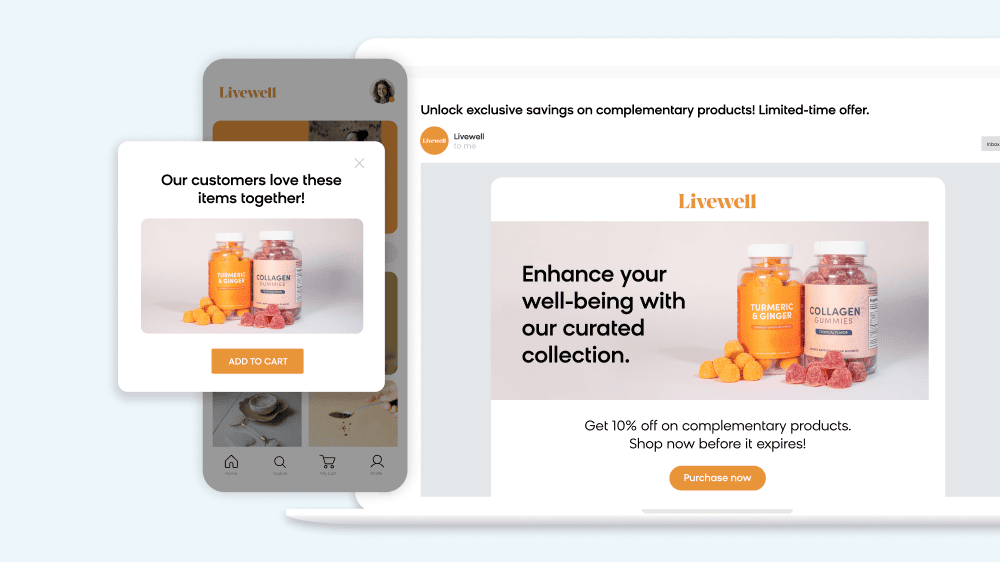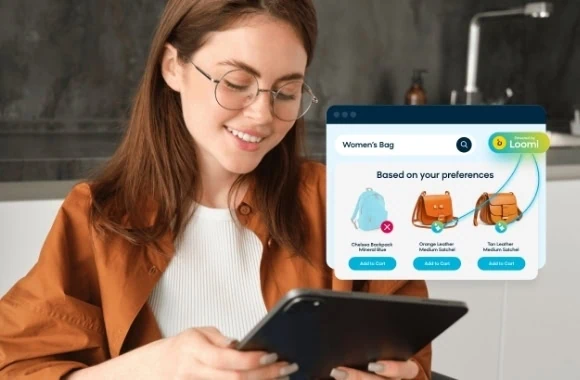The days of relying on third-party cookies and third-party tracking to supplement marketing campaigns are over.
In response to ePrivacy regulations, the General Data Protection Regulation (GDPR), and other legislation, Safari, Chrome, and Firefox have each updated their tracking prevention for businesses and users.
The cliff notes? Cookie-based tracking is a goner. Campaign cookies in certain browsers are now limited to a 24-hour life span, much less time than any marketer wants. Others in different browsers can last up to seven days. Cookies can no longer be relied upon for what they used to be.
As the “cookie crumbles”, how can you take ownership of your customer data? How can a customer data platform help you deal with these changes and better shape your company’s future?
Great questions. Let’s explore.
Own Your Customer Data So It Doesn’t Own You
Safari’s Intelligent Tracking Prevention, Mozilla’s Enhanced Tracking Prevention, and Google’s Privacy Sandbox are the main culprits as to why marketers have lost the benefits they once had with cookies.
But the funerals for third party cookies and third party tracking weren’t overly sad ones. While responsible marketers could use that information effectively, there was too much power held by irresponsible marketers thanks to that data. Future users of these browsers should have far less concerns about being surveilled without granting companies’ permission to do so.
A response to different worldwide legislations, ITP, ETP, and PS are their respective parent companies’ attempts to give an increased sense of security to browsing users.
One thing has been made clear: companies need to take responsibility and own all collected customer data. Previously, businesses could rely on pixels and trackers to reliably measure conversions, purchases, and other actions customers took on their website.
That reliability is gone now. No longer will your campaigns be able to identify a purchase that happened more than seven days after the ad click (or 24 hours in some browsers).
That means your campaign performance will suffer. Facebook recently shared that costs per conversion can go up more than 150% for campaigns that lose access to the conversion data.
Where ad platforms conveniently offered businesses ready-to-purchase segments before, they will now need to develop a different analytics strategy. As a result, companies will no longer be able to afford not collecting, storing, and securing customer data themselves.
And the best way to collect, store, secure, and effectively use that customer data than with a customer data platform.
Having a Good CDP is More Important Than Ever
Gartner defines a customer data platform as “a marketing system that unifies a company’s customer data from marketing and other channels to enable customer modeling and optimizing the timing and targeting of messages and offers.”
If a brand is going to completely own its customer data, it should not be on its own in doing so. It needs a customer data platform to assist in compiling, storing, and enriching that data.
A core feature of any good CDP is a single customer view. This is the place where all customer interactions with your brand are recorded. This is also the place where you should have the information that was previously tracked by third party trackers.
But that’s not where it ends. You can also connect a CDP to your internal systems, for example a retail loyalty system. This will allow you to measure the impact of your marketing even on offline customer behavior.
As advertising giants adapt, you are able to share the conversion data with them in new ways.
One example is the Facebook Conversions API. With a CDP, you can use these new tools to optimize campaigns even for conversions that don’t happen on your website, such as store visits or predicted purchases.
Maybe most importantly, a good CDP can also ensure that your data is stored in a secure manner and respects customers’ privacy consents. With GDPR fines soaring, the time is now for businesses to begin taking extra special care of collected customer data.
We’re hoping it’s obvious that now is not time to mourn the crumbling cookie. It’s time to take decisive action and develop a data strategy that will enable you to succeed in the post-cookie world.
Bloomreach is The Right Choice for a Post-Cookie World
The Bloomreach Commerce Experience Cloud offers Bloomreach Engagement, which allows businesses to unify their customer data and deliver connected commerce experiences to their customers with a single solution.
With third-party cookies on their way out, it’s time to invest in a future-proof zero-party and first-party data collection and usage plan with Bloomreach to ensure your company is using the best ecommerce personalization tactics.
Schedule a personalized demo today to learn more.













